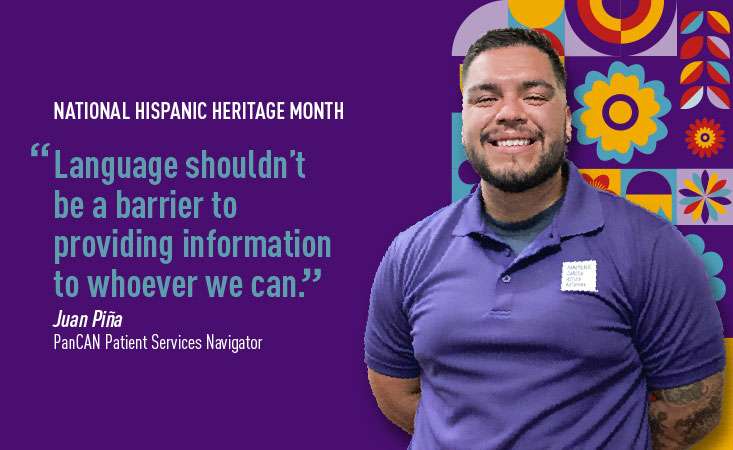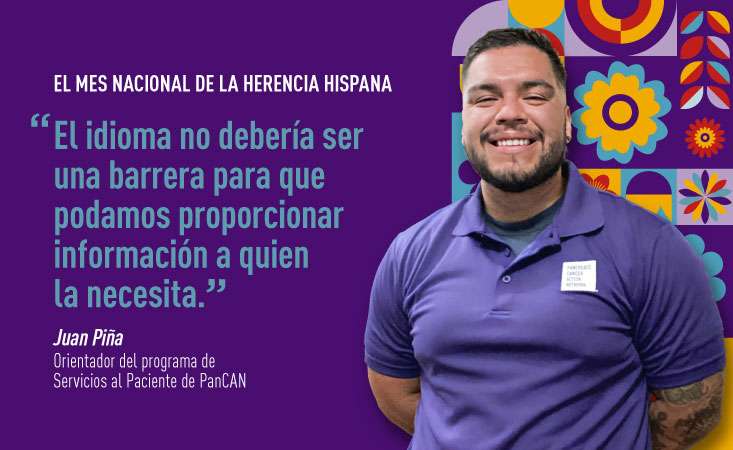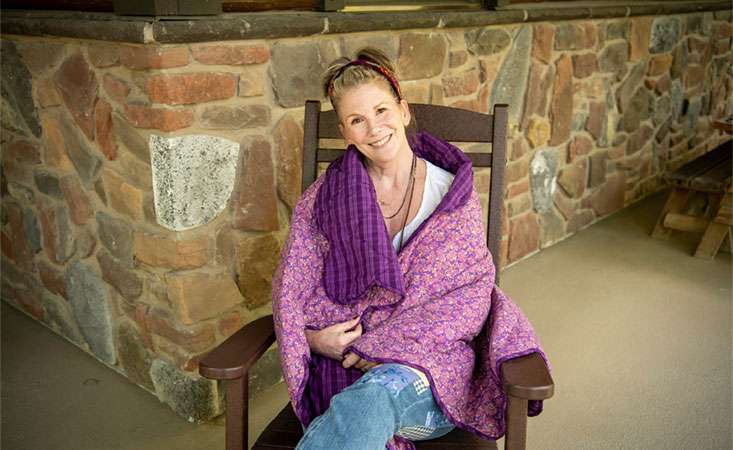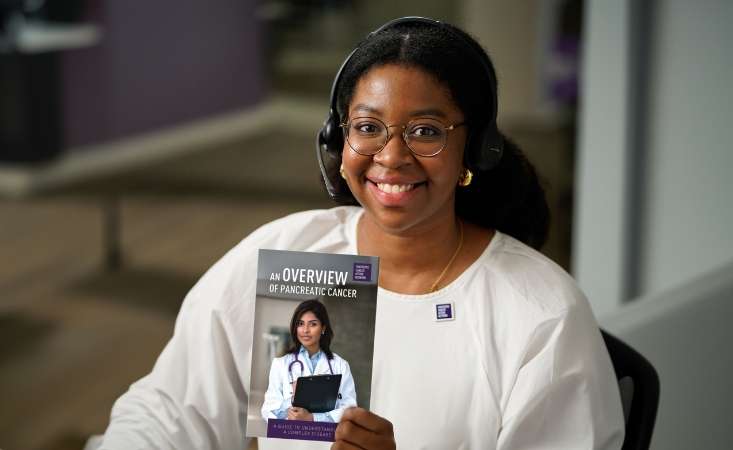
Yes, life changes after a pancreatic cancer diagnosis. But experts agree that living each day as normally as you can, whether you’re a patient or a loved one, is key. Also critical is being open to new meaning in life, altering routines and hobbies if needed, and embracing a “new normal.”
“Sometimes ‘a new normal’ seems to have a bad connotation,” said Nicole Lise Feingold, director of Patient Services at the Pancreatic Cancer Action Network (PanCAN). “This is probably because change is required to develop this new normal. Change in and of itself can be both scary and challenging. However, change allows us to grow in exciting ways, which is a positive.”
Here are tips from PanCAN Patient Services about how to find and embrace your “new normal.”
- Remember that you’re not alone. Talk to others who have been in your shoes. Connect one-on-one through PanCAN’s Survivor & Caregiver Network or consider joining a support group. PanCAN can also connect you with a counselor for additional helpful advice.
- If you’re the patient, your dietary needs will change, but PanCAN offers resources to help you adjust to these changes and better understand your nutritional needs.
- Symptoms and side effects caused by the disease and treatments can impact quality of life, but supportive (palliative) care may help control them.
- Patients and loved ones should put self-care at the top of their priority lists. This includes enjoying the little things and taking time to do things you enjoy. You may need to adapt an activity – if you’re a patient, it may be harder to do the things you enjoy, but it doesn’t mean they’re impossible.
- A change in life events can also spur interest in new hobbies and pursuits. Consider journaling, meditation, yoga and other relaxation exercises, as well as social activities in the community. For those who feel up to it, volunteering with PanCAN can be a way to find others who may have been through a similar experience.
The National Cancer Institute’s tips on coping sum up the “new normal:”
“You are not your cancer. Even though you have the disease, you get to decide how you want to live the rest of your life. You can choose to live with hope.”















